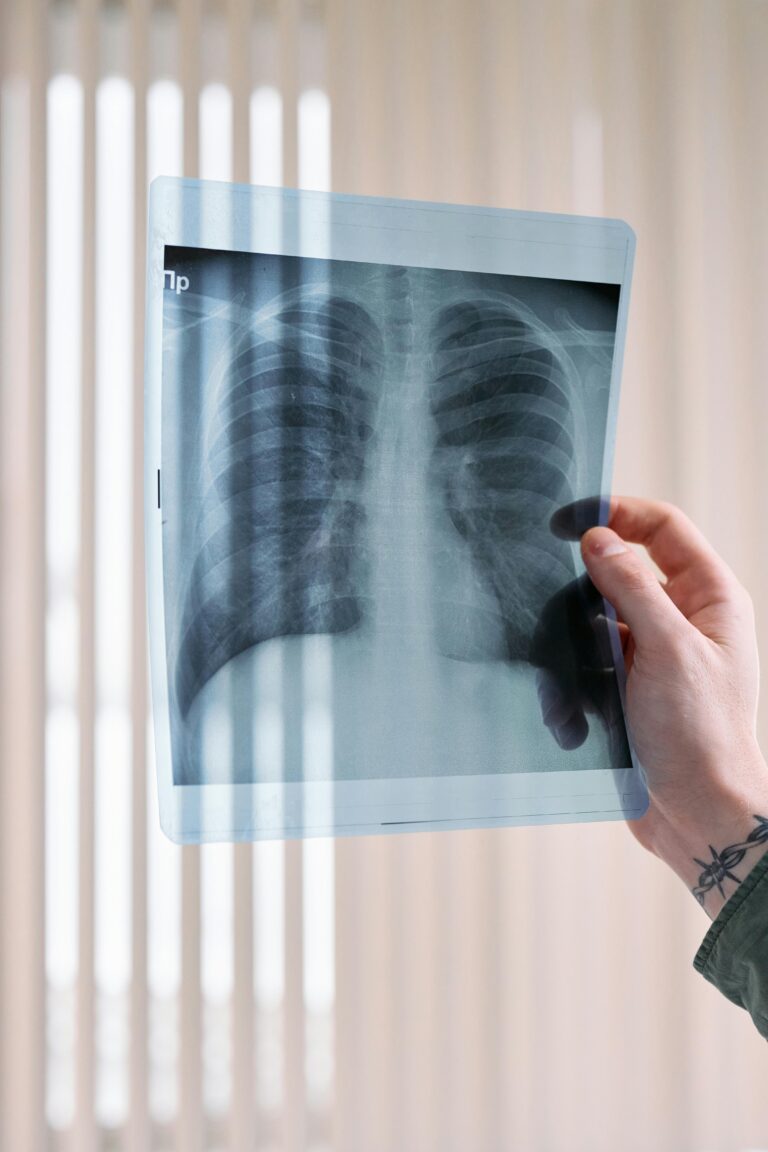Tools for Lung Cancer Patients: Easing Breathlessness and Anxiety

mind-body tools for lung cancer patients
Respiratory issues such as exhaustion, persistent coughing, and shortness of breath are common in lung cancer patients, and they can cause mental stress and anxiety. A comprehensive strategy that incorporates breath-focused therapy, mindfulness, natural remedies, and a peaceful home environment is needed to manage these symptoms.
Common Respiratory Challenges & Emotional Stress
Breathlessness (dyspnea) is a frequent issue for cancer patients. It makes simple daily activities difficult and more often than not, triggers anxiety. Anxiety about not breathing enough might lead to a panic attack, which increases symptoms. The body is additionally strained by emotional stress, which makes symptom control even more important.
Breath-Focused Therapies for Better Lung Function
- Buteyko Breathing: Sit comfortably, breathe gently through your nose, then exhale fully. After exhaling, pinch your nose and hold your breath for 3–5 seconds (or longer if comfortable). Release and resume slow nasal breathing. Repeat 5–10 times. To increase oxygen efficiency, this technique emphasizes nasal breathing and deliberate pauses.
- Pursed-Lip Breathing : Inhaling slowly through the nose and exhaling through pursed lips helps keep airways open longer, reducing breathlessness.
- Pranayama (Yogic Breathing) : Sit upright, place your right thumb on your right nostril and inhale deeply through the left. Close the left nostril with your ring finger, exhale through the right. Inhale through the right, switch, and exhale left. Repeat 5–10 cycles to balance energy and calm the mind. This technique helps in relaxation and better oxygenation.
Mindfulness & Relaxation for Anxiety Relief
Stress hormones can be lowered by progressive muscle relaxation, meditation, and guided imagery, which relieves tension in the body and mind. During episodes of dyspnea, mindfulness helps patients remain in the now and lessens anxiety.
Natural Remedies & Supportive Supplements
For patients with lung cancer, using supportive nutrients and natural therapies might help reduce respiratory pain and encourage calmness. Magnesium bisglycinate is particularly beneficial, as it’s highly absorbable and supports muscle relaxation—helping to ease bronchial constriction and improve breathing. (Avoid magnesium citrate, which primarily aids digestion, or threonate, which focuses on brain function.) Soothing herbal teas like peppermint (for throat irritation) or ginger (anti-inflammatory) can also promote calm. For respiratory support, eucalyptus essential oil (decongestant) or lavender oil (anxiety relief) in a diffuser may enhance airway comfort and relaxation. Always consult your doctor before adding supplements, but these gentle options may complement medical care for better symptom management.
Creating a Healing Home Environment
A soothing home environment can significantly improve comfort and well-being for lung cancer patients. To reduce airborne pollutants and facilitate easier breathing, start with an air purifier. Maintaining clutter-free living areas promotes calmness by lowering visual stress. Relaxation can be further improved by soft, warm lighting, soothing background music, and comfortable seating, such as a cushioned chair or comfy recliner. These minor yet significant changes contribute to the creation of a tranquil haven that facilitates the management of symptoms and emotional strain.
By integrating these mind-body tools, lung cancer patients can better manage breathlessness and anxiety, improving overall well-being.












